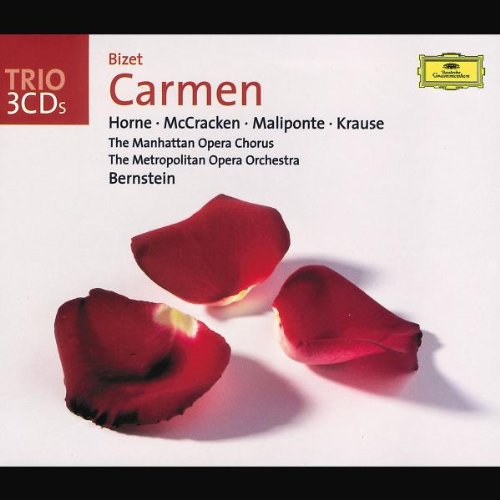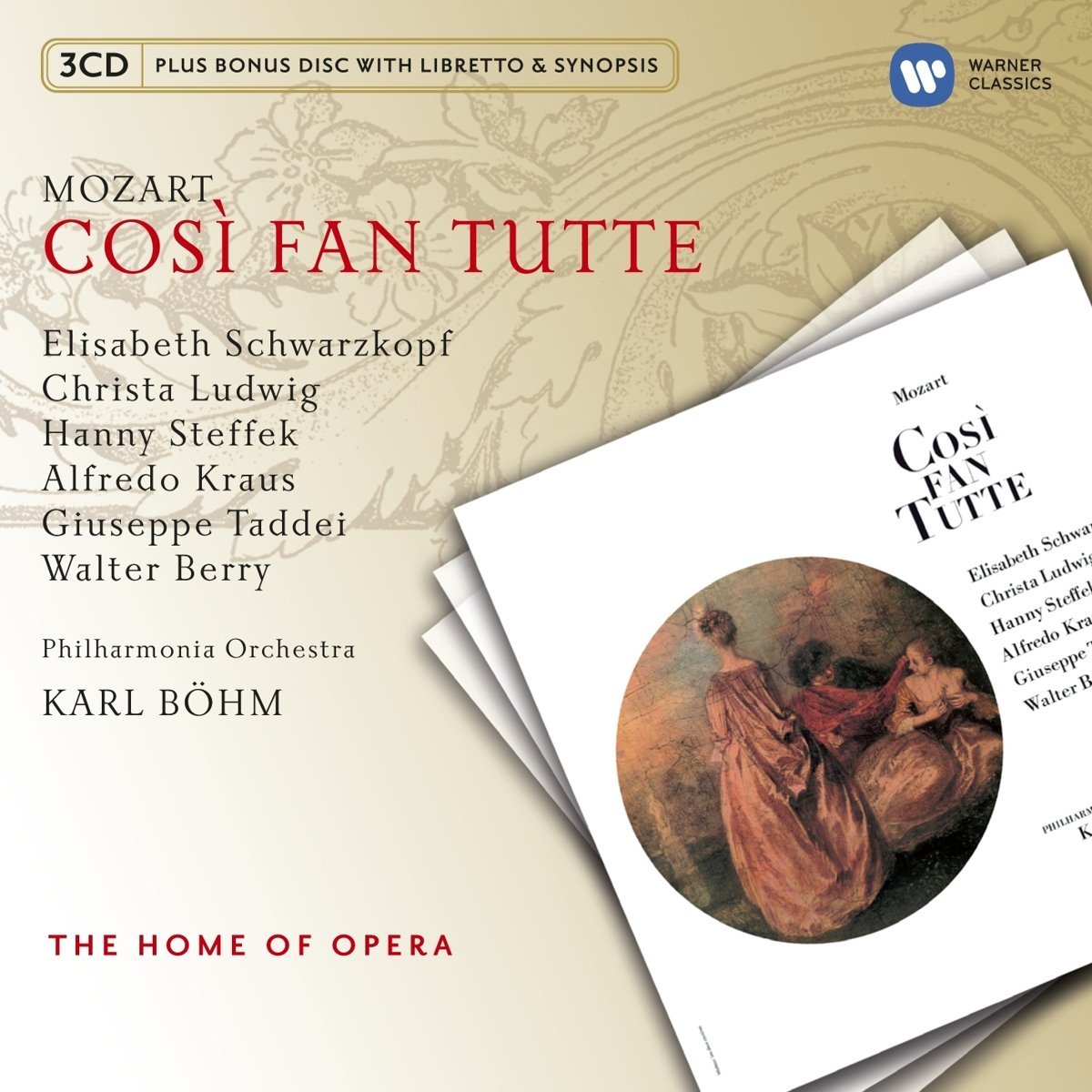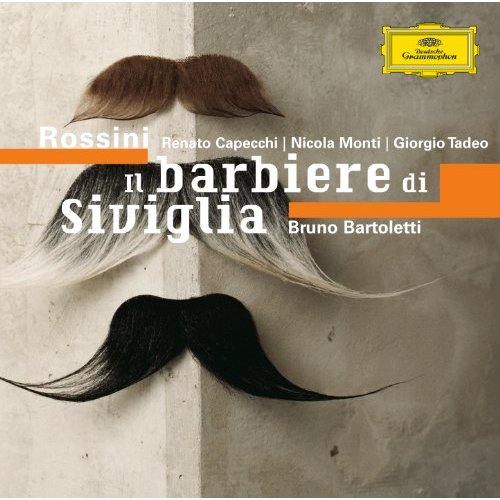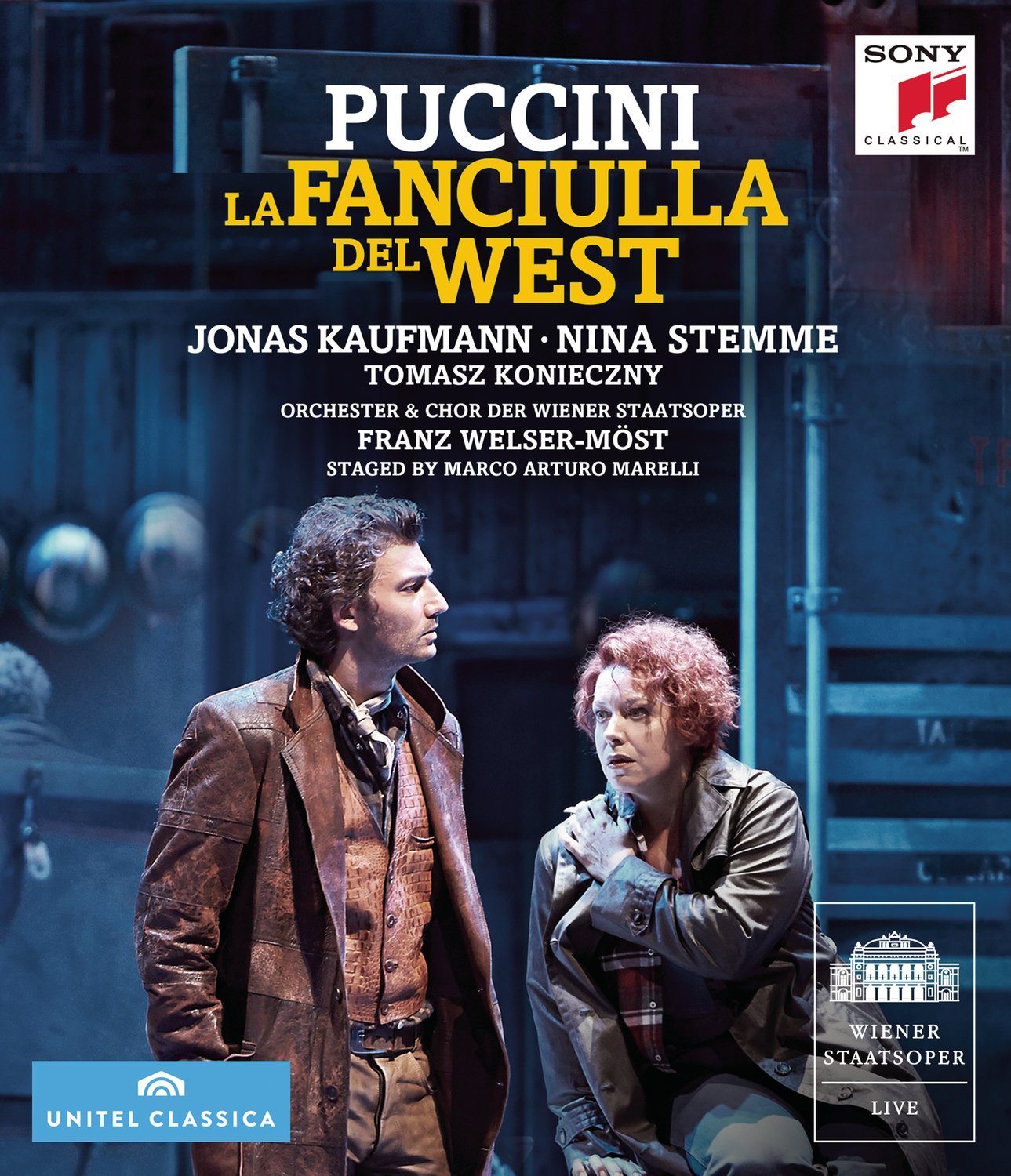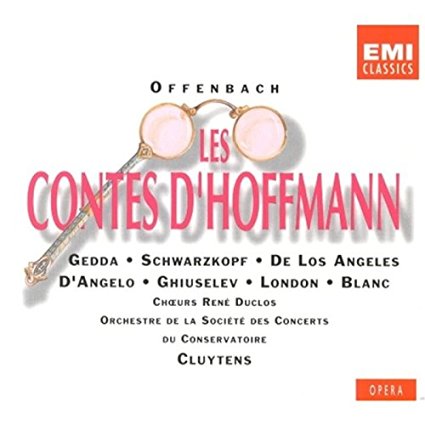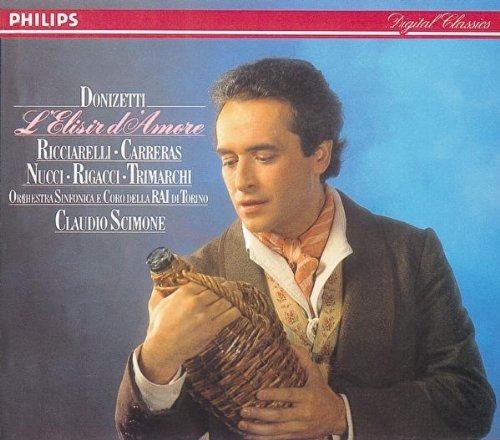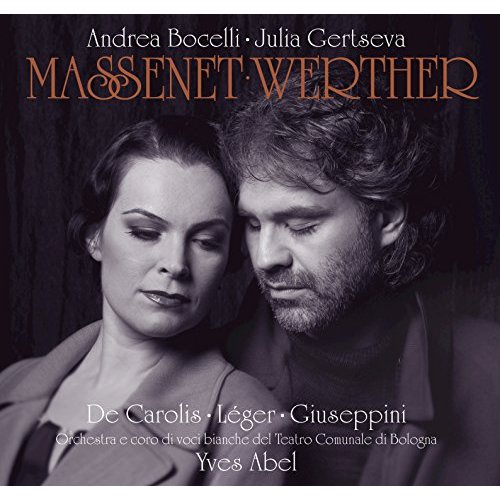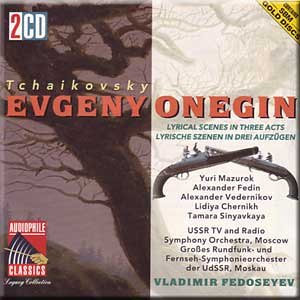

Opera: Eugene Onegin
Composer: Tchaikovsky
Other popular works by this composer: Pique Dame
First performed: 1879
Language: Russian
Accessibility Level: Beginner Explorer Aficionado
Setting: Early nineteenth-century Russia
Plot: Young love. Rejection. Growing up. Regrets. A sheltered young girl confesses her love to a handsome, playboy neighbor and is rejected; both regret it, but at very different points in their lives
Highlights: Bolyat moyi skori nozhenki so pokhodushki; Letter scene; Waltz and chorus; Kuda, kuda, va udalilis; Polonaise
Recommended audio recording/s: Mazurok/Fedin/Fedoseyev; Allen/Freni/von Otter/Levine
Recommended video recording/s: Netrebko/Kwiecien/Gergiev
Eugene Onegin is arguably Tchaikovsky’s most popular opera (the only other real contender is Pique Dame; his seven other operas are rather obscure). As a lover of Tchaikovsky’s music for over thirty years, I have been very slow to warm up to this work. What’s wrong with me, I wondered? Why don’t I like it, especially when I love Pique Dame?
Onegin is different from the traditional opera in that it is presented in vignettes that occur over a period of many years; the scenes can therefore seem disjointed and confusing if you’re not aware of this. The work is based on an extremely popular (in Russia) poem of the same name by Alexander Pushkin (the Shakespeare of Russia) that many Russians learned by rote in grade school (the surname is pronounced “own-yayg-in”). It is about an idle, rootless playboy (the Onegin of the title) who makes some poor life choices and regrets them later in life when it is too late to fix them. The opera was close to Tchaikovsky’s heart; he seemed to particularly relate to the young girl (Tatyana) who sheepishly confesses her love to Onegin. One gets the impression that Tchaikovsky had once done something similar and been equally rejected and humiliated. The opera contains many of Tchaikovsky’s typically beautiful melodies, choruses and quartets, as well as lush orchestrations.
I think I was slow in appreciating this work for a few reasons. I struggled a bit with the atypical plot; the score isn’t as heavy with standout arias and other musical numbers as many other operas; and, frankly, maybe I just wasn’t listening to the right recording. I highly recommend the one pictured at the top left of this page conducted by Vladimir Fedoseyev. It really made the opera come alive for me; it has a lushness, immediacy and lyricism that is missing from other recordings I’ve heard. Recording aside, the music for this one reminds me a bit of Wagner’s operas (something else I struggle with) in that it is more like a film score – it accompanies the plot rather than stands out from it. It is best appreciated when watching a performance of the opera rather than just listening to it.
The opera opens on the estate of the Larin family. The matron of the estate reminisces with her servant about the old days. Soon, a group of peasants enters singing a song in praise of the harvest in a wonderfully Russian-sounding chorus:
We are then introduced to the two daughters, Olga and Tatyana, as well as a neighbor, Lensky, who is betrothed to Olga. Lensky brings along his friend, Eugene Onegin, whom Tatyana is immediately smitten with. That night, she decides to write him a gushing letter blurting out her overpowering feelings. This is the famous letter scene – famous for its beautiful and lush melody, as well as for the fact that while Tchaikovsky was composing this, he had a very similar real-life experience. We can easily imagine what Tatyana sings and feels here actually coming from the mouth and heart of Tchaikovsky (indeed, he also wrote the libretto for this opera):
Tatyana nervously awaits Onegin’s reply to her admission. He soon arrives, basically telling her that he is not the kind to settle down, and that she should be more careful about blurting out her feelings in the future as others may not let her down so gently. She, nevertheless, is crushed.
In the next scene, a ball is being given some months later in honor of Tatyana’s name day (a Russian religious tradition similar to a birthday). Onegin is there, invited by Lensky. The scene opens with a reprisal of the tender letter-scene motif, followed by a lively waltz and chorus that has Tchaikovsky written all over it:
Onegin dances with Tatyana, and then flirts and dances with Olga, Lensky’s fiancee. Lensky becomes jealous, and they dance again to punish him for his silly jealousy. Breaking up this tension is a performance by the girls’ French tutor, in most productions a somewhat unusual man who is either overly effeminate or obsequious or physically challenged. I’m not sure of the reason for any of this unless it’s specified in the libretto, but in any event he sings some couplets he wrote in honor of Tatyana.
Things escalate and Lensky cannot overcome his jealousy; he challenges Onegin to a duel, and Onegin accepts. The second act opens in a snowy forest where the duel is to take place. While waiting for Onegin to show up, Lensky sings his big number, “Kuda, kuda va udalilis” (where have you gone, golden days of my youth?), sung beautifully here (@ 2:50) by Bogdan Volkov (and conducted by none other than Placido Domingo):
Onegin arrives, and he and Lensky sing a duet lamenting the deterioration of their former friendship. Onegin then shoots Lensky dead, cradling his former friend in his arms as the curtain falls.
Five years pass, time that Onegin spent abroad. He is now back in St. Petersburg attending a ball at a wealthy nobleman’s house, and the scene opens with a famous and delicious Polonaise (a Polish dance) from the pen of Tchaikovsky:
Onegin laments his empty life and the killing of his friend Lensky. To make matters worse, he recognizes the wife of the nobleman, whom everyone is treating like a queen – it’s Tatyana. Onegin realizes that he is in love with her now, and in a surreal twist he writes her a letter confessing his love. It is now she who rejects him, and he is left utterly alone.
